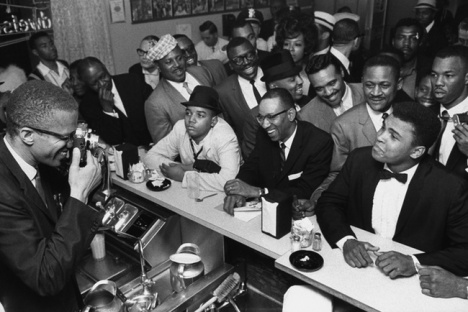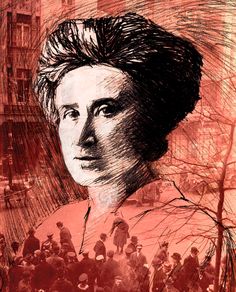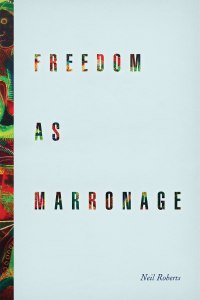Join Emily, B, Sid, and John for a classic AAP text discussion, this time featuring W.E.B. Du Bois’s Darkwater: Voices From Within the Veil. Our discussion begins (perhaps unsurprisingly!) with knowledge, education, and epistemology, and spans Du Bois’s analysis of racial capitalism, his materialism, aesthetics, canonization as a political theorist, and more. We interrogate Du Bois as a democratic theorist in his own right, analyze his (maybe) humanism and (maybe) universalism, and ask, what does it mean to read DuBois as a prescient diagnostician of our own political moment (and who is the revolutionary subject?)? While we barely scratch the surface of all this book has to offer (what of “work,” whiteness, poetics, and proto-feminism in this text?!), we welcome you to join us for the close reading, and stay for the water puns!
Requests for texts for us to discuss? Dreams for us to interpret? Advice questions for us to answer? Email us at alwaysalreadypodcast AT gmail DOT com. Subscribe on iTunes. Follow us on Twitter. Like our Facebook page. RSS feed here. Patreon here. Thanks to Bad Infinity for the intro music, “Post Digital,” from their album FutureCommons; always already thanks to B for the outro music. For the mp3 of the episode click here.
Links:
- Gutenberg ebook of Darkwater
-
NAACP biography of Du Bois
-
Stanford Encyclopedia of Philosophy entry on Du Bois
-
Du Bois Bibliography at the National Archives
- Keisha Blain on Du Bois, Pan-Africanism, and Anti-colonialism
- Farah Griffin on Black Feminists and Du Bois
- Ange-Marie Hancock on Du Bois and Intersectionality
- J. Phillip Thompson on “Capitalism, Democracy, and Du Bois’s Two Proletariats”
- Ella Myers on Du Bois and white sadism








